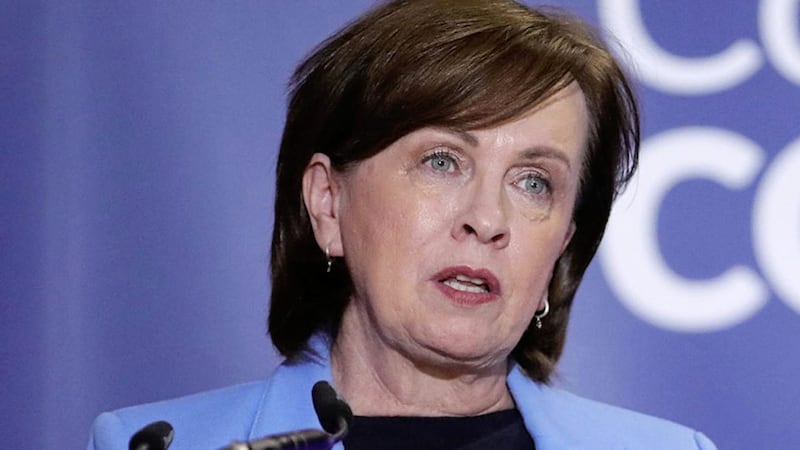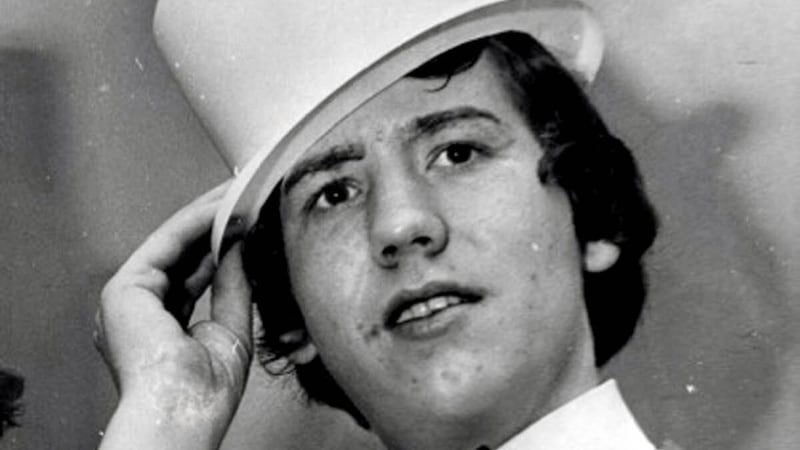A NUMBER of remarks that cast Diane Dodds' Department for the Economy (DfE) in a negative light have been removed from a report it funded on the north’s energy sector.
A line that implied weak leadership and said “party political issues affected governance” did not appear in the final version published by the University of Exeter earlier this month.
The report by academics Dr Richard Lowes and Prof Catherine Mitchell shone a critical light on the disparate delivery of current energy-related policy across no fewer than five Stormont departments. Yet some of its most critical lines have been altered or removed following discussions between DfE officials and the report’s authors.
A reference to the RHI Inquiry being established “over concerns around potential fraud and abuse of positions of authority” has disappeared from an earlier version of the report leaked to The Irish News last November.
It has also emerged that DfE requested the names of those the authors interviewed in the course of their research, only to be told that such a disclosure would breach research ethics.
“Could you also confirm the stakeholders that you managed to speak to?” a DfE official asked in an email.
The authors also defend an early draft when officials criticised it as a “sweeping statement based on impressions of external people rather than the factually accurate position”.
“I just want to be clear that while what we wrote is based on the account of others, this repeatedly came up as a concern of employees from within the civil service,” Dr Lowes responds in an email to DfE released under a Freedom of Information request.
The information reveals that Mrs Dodds’ department originally hoped to release the report in September last year but its publication was delayed.
“We’ve agreed with other departments not to rush publication of this research given a) the need for complete accuracy and b) the sensitivity of the topic across government and need for time to absorb the implications,” the DfE officials wrote in September.
Despite Stormont officials noting that “there is a lot of interest in the work”, it was published last week not by the department that paid around £22,000 for the research, but by the University of Exeter.
Dr Lowes described the report’s leaking last year as “quite disappointing” after being alerted to The Irish News article in an email from DfE. He added “this sort of thing tends to have the opposite effect of what was intended”.
When asked why it hadn't published the critical report, DfE described it as a “think-piece”.
“As an independent research think-piece, it is for the academics to publish through their own channels and, as the report highlights, the words contained within it are the responsibility and views of the authors only,” a spokesperson said.
The spokesperson said changes to the text and publication timescales were “matters for the authors”.








